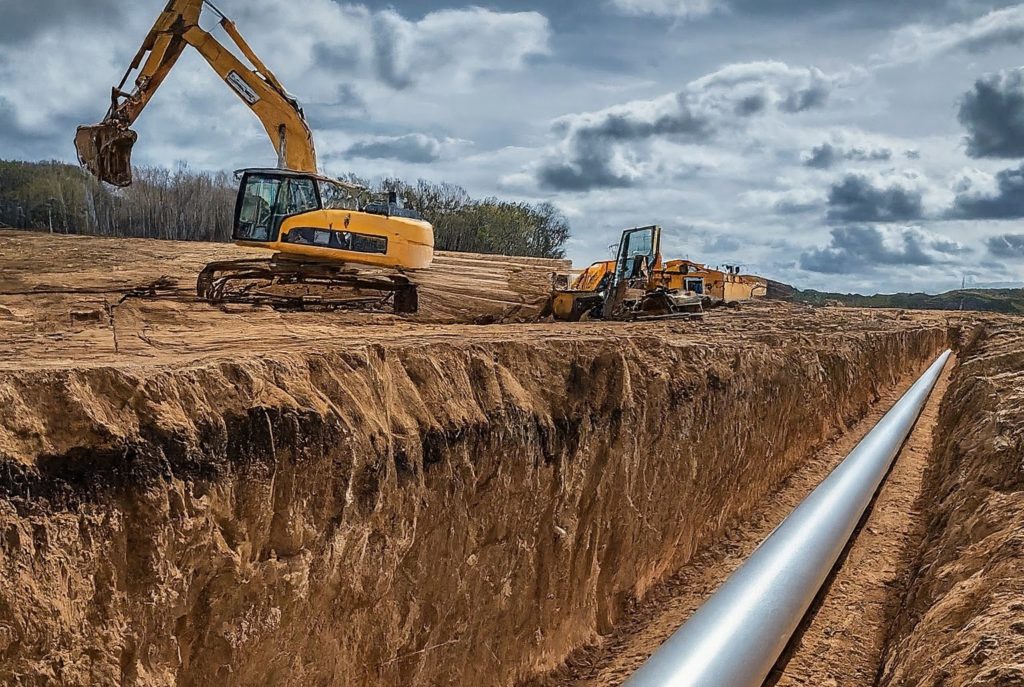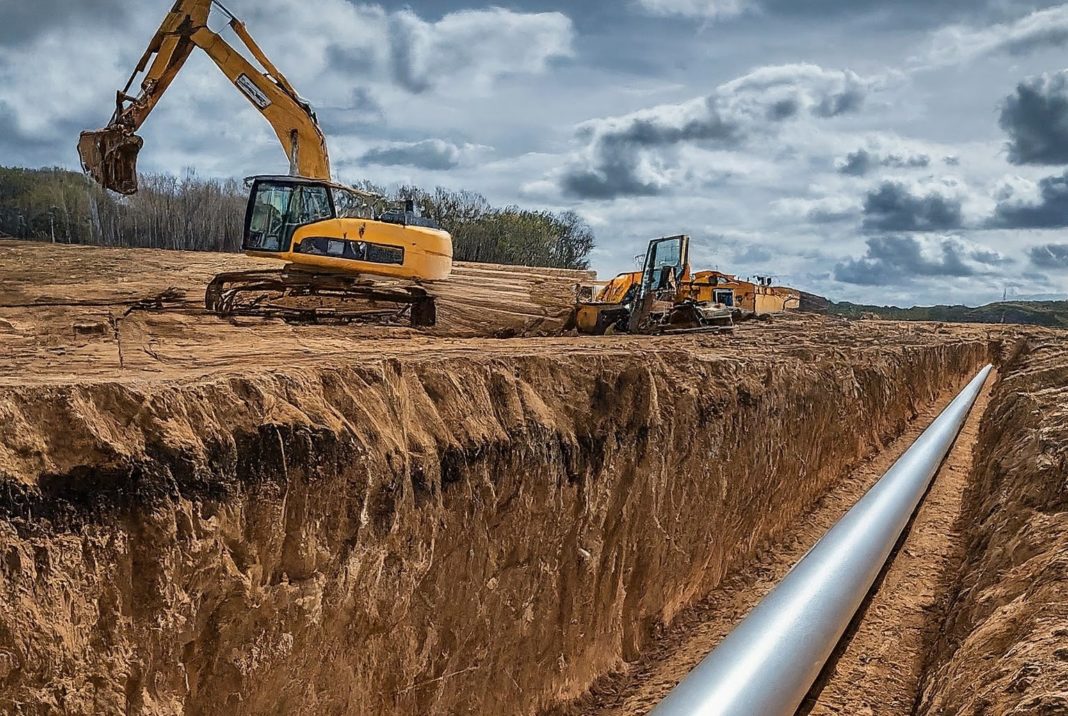The 737-kilometer project could pave the way for future exports of renewable hydrogen.
The Zhangjiakou Kangbao-Caofeidian pipeline, named after its origin and destination points, will transport hydrogen produced from renewable sources in Zhangjiakou to the port of Caofeidian, located southeast of Beijing.

The project is estimated to cost 6.1 billion yuan ($845 million) and is being developed by Tangshan Haitai New Energy Technology (THNET), a subsidiary of Chinese solar company Haitai Solar. THNET will collaborate with a state-owned oil giant China Petroleum Pipeline Engineering Corporation (CPPEC).
Construction of the pipeline will begin in June 2024 and is expected to be completed by June 2027 if all goes to plan. Once completed, the pipeline will operate at a pressure of 63 bars, exceeding the current Chinese standard of 40 bars. This will allow it to transport larger volumes of hydrogen.
According to Chinese officials, the project aims to address challenges associated with renewable energy consumption in the region and promote the development of hydrogen-powered industries, including heavy trucks, green chemicals, and clean fuel exports.
This project comes amidst China’s broader ambitions to establish a national hydrogen network spanning up to 6,000 kilometers, with state-owned oil refiner Sinopec also developing a 400-kilometer hydrogen pipeline to connect Inner Mongolia with Beijing.
According to the pipeline-journal















